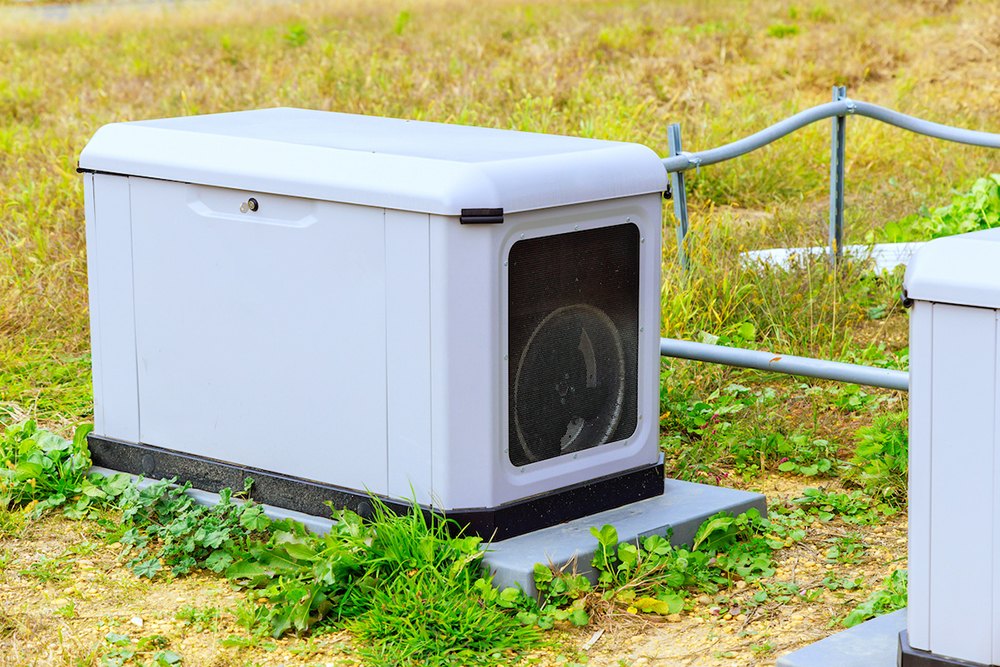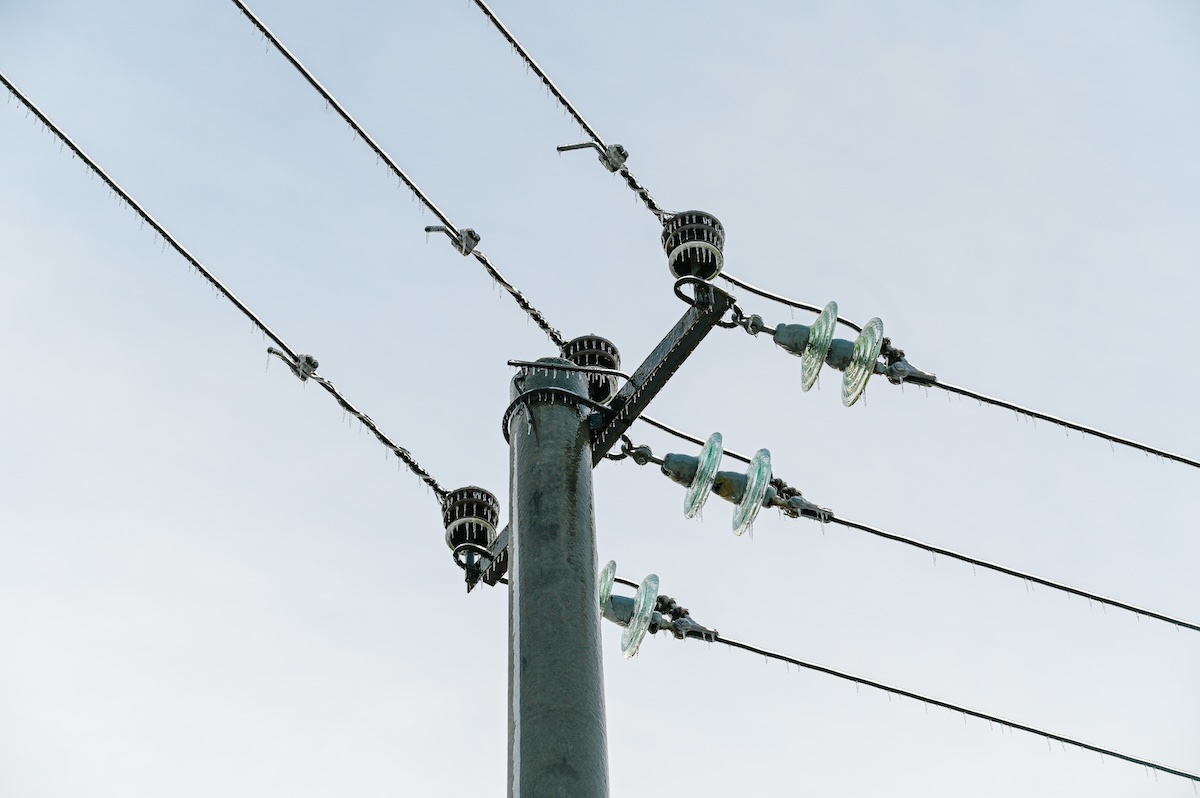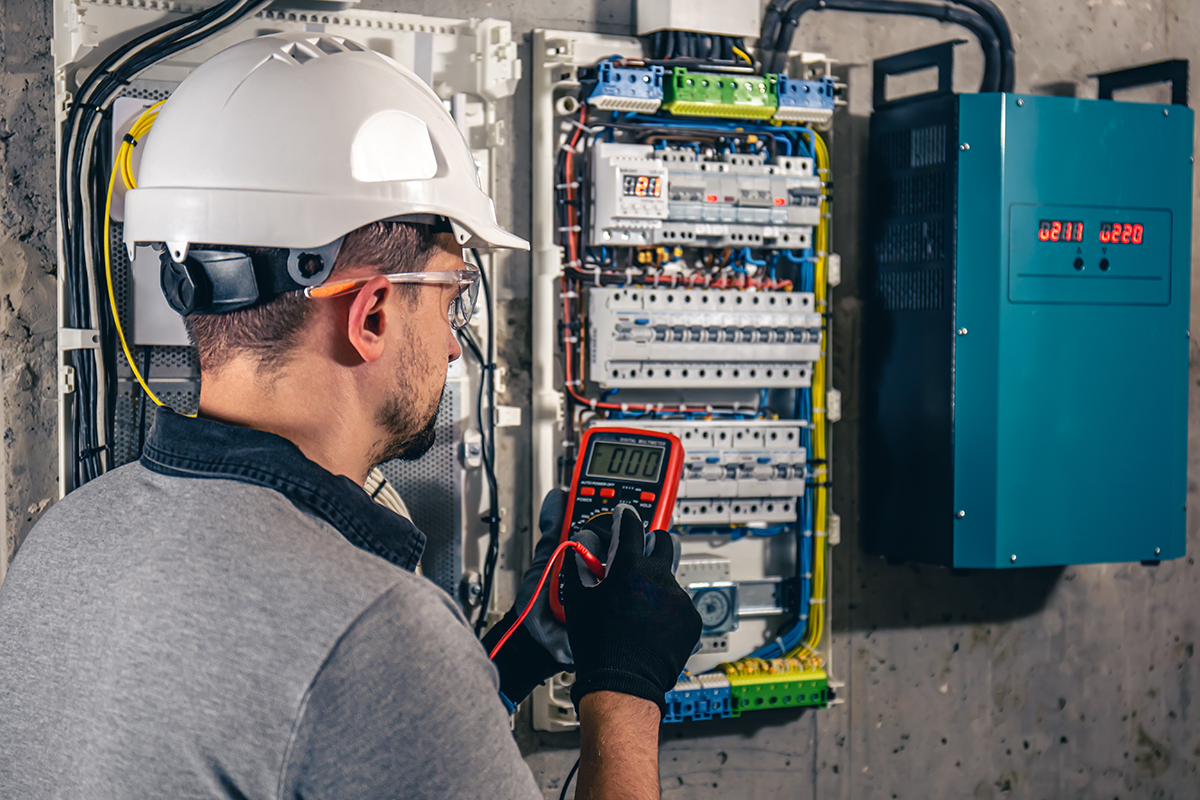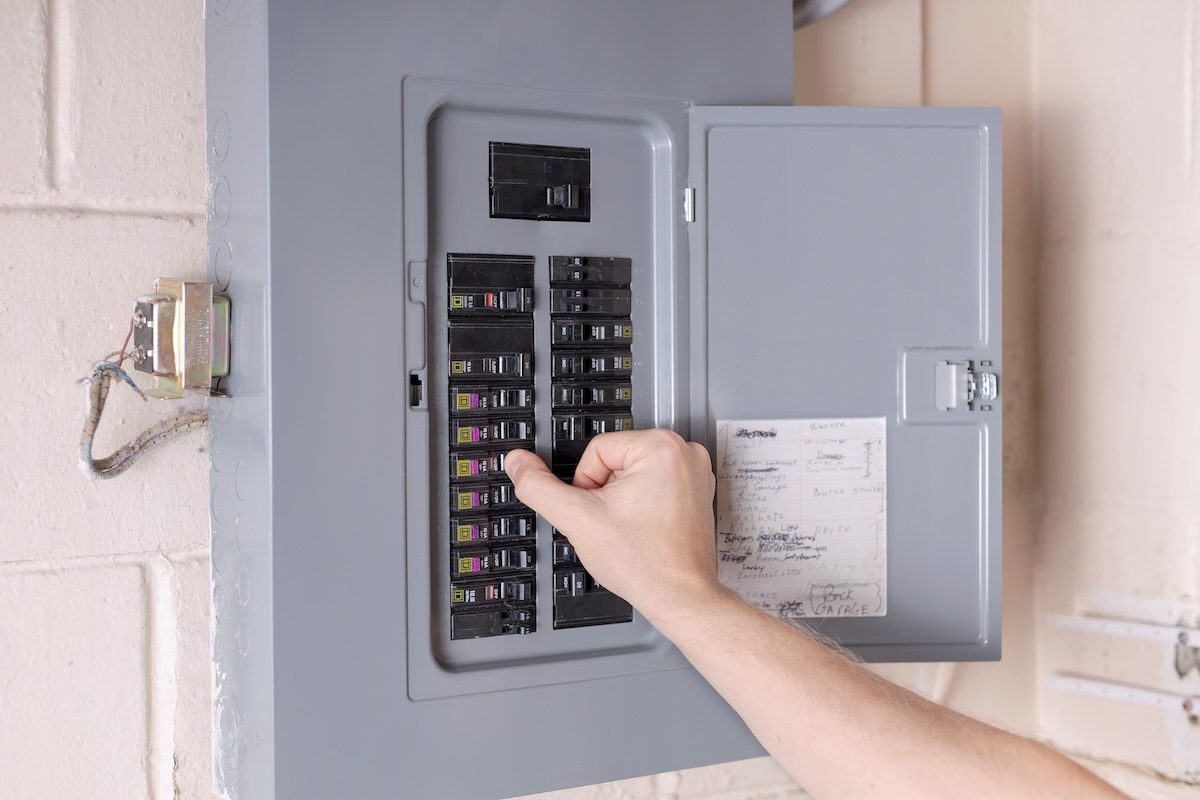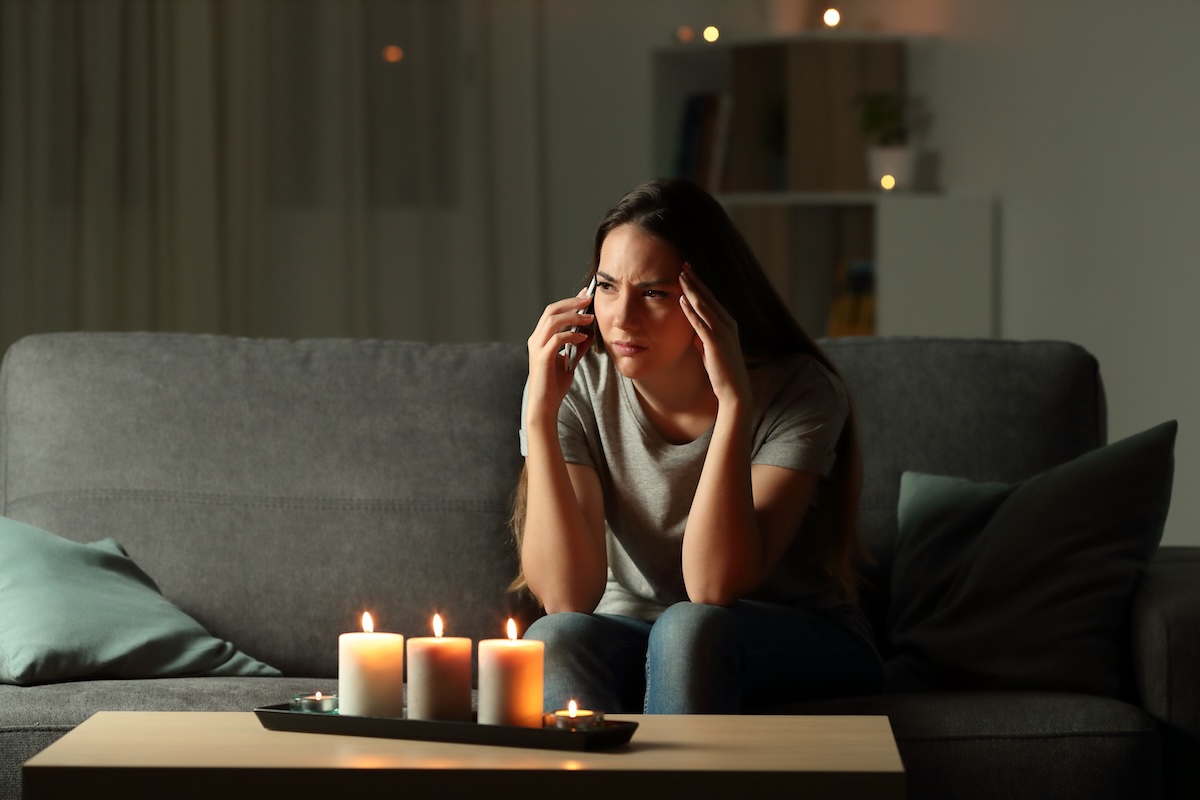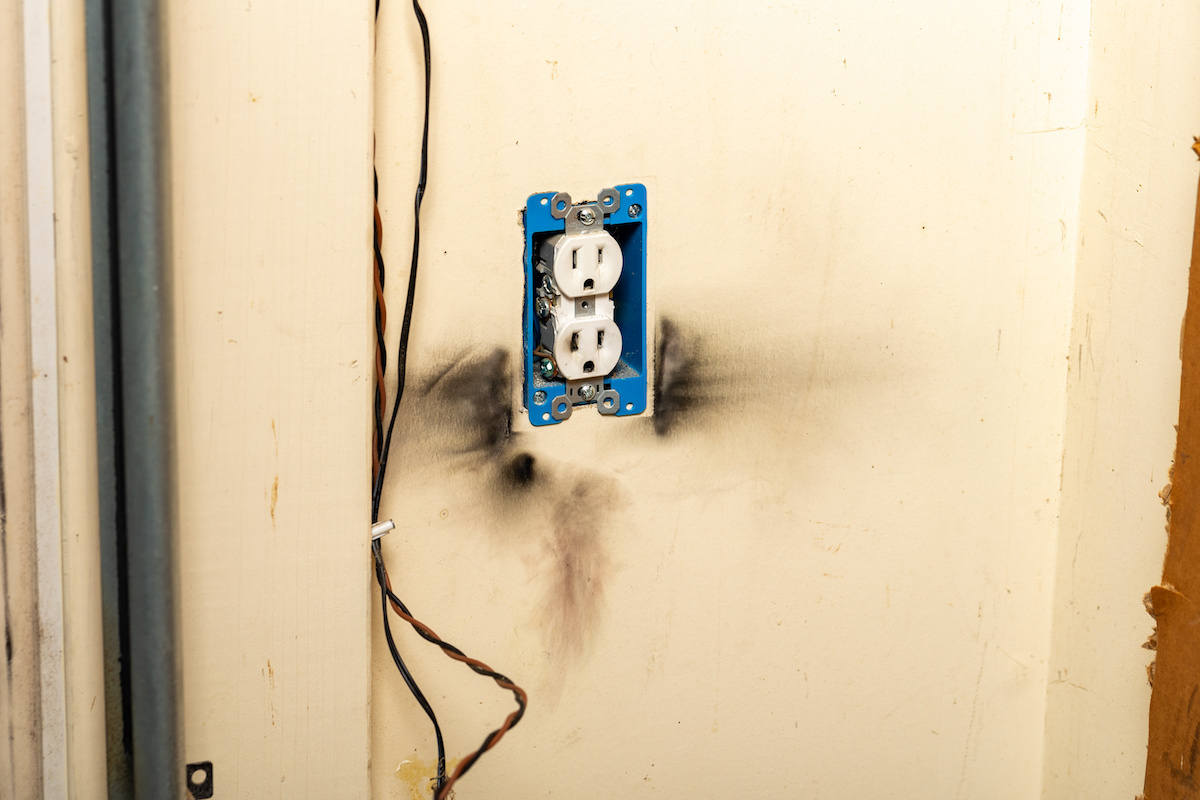Thinking of installing a generator yourself to save a few bucks? Hold that thought!
While it might seem like a good idea to bypass the pros and get hands-on, this is one job where D-I-Y could spell major trouble.
In fact, in places like Houston, it’s not just a bad idea—it can be flat-out illegal.
Unlike portable units, whole home standby generators are installed outside your home and wired directly into your electrical system. When the power goes off, an automatic transfer switch detects the outage and switches your home’s power source from the utility to the generator. This happens within seconds of losing electricity, keeping your lights, HVAC, refrigerator, and other critical appliances powered up and running.
As you can see, whole home standby generator installation involves high-voltage wiring and gas connections—which are definitely not DIY-friendly tasks. It also requires skills in electrical systems, plumbing, and local building codes.
So, while it may be tempting to try and save some cash, this is one home improvement project where professional installation is non-negotiable.
Here are the top 4 reasons why you should avoid DIY generator installation, and call in the electrical professionals instead:
Reason #1: It’s Against the Law in Houston

Let’s start with the big one. In Houston, homeowners cannot legally install a generator without involving a licensed electrical contractor, who must apply for the necessary permits.
This rule is grounded in safety—ensuring that all installations adhere to rigorous local electrical codes and building standards, maintaining proper electrical connections, and minimizing risks to the community.
This isn’t just about avoiding fines (which can be hefty), it’s fundamentally for keeping installations safe and compliant, ensuring the whole setup doesn’t end up being a neighborhood hazard.
By requiring that a licensed electrical contractor handle the installation, Houston is essentially putting a barrier between you and potential mishaps that could arise from unprofessional installations. In other words, protecting you from the guy down the street who thought watching a couple of YouTube tutorials made him an electrician. No Texan wants to wake up to a block-wide blackout—or worse, a fire—because someone thought they could wing it with some wires and a DIY spirit.
Electrical rules are strict for a reason: they keep the well-meaning but underqualified hobbyists from turning their homes into neighborhood fireworks.
Reason #2: Risk of Incorrect Installation
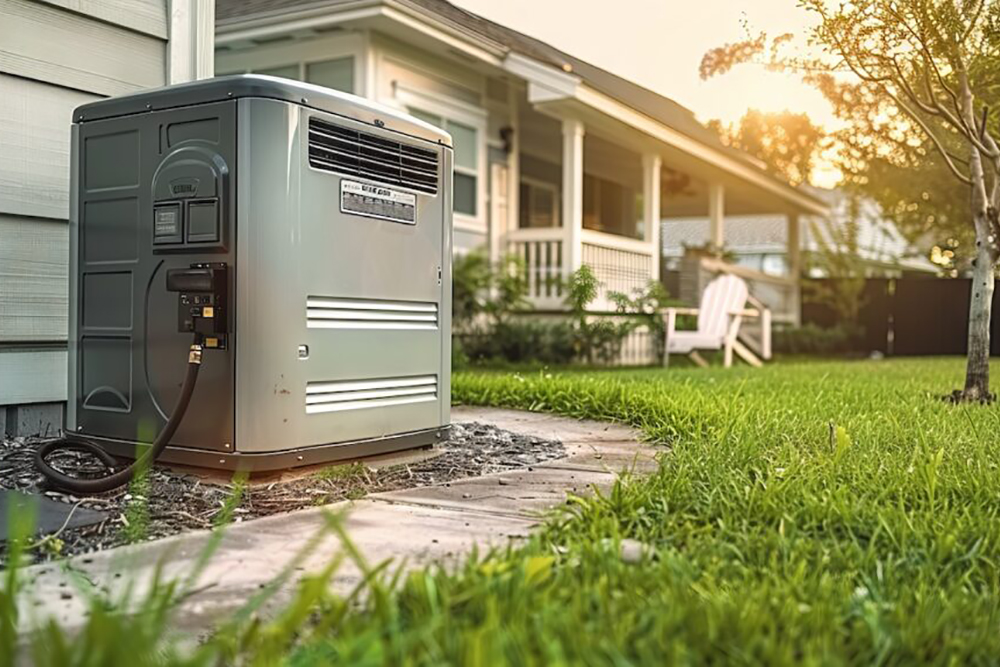
Generators aren’t your average household appliance. They require a complex setup that involves electricity and gas lines. (Yes, they mesh with both electricity and gas lines—about as tricky and dangerous as juggling knives and fire.) Get one connection wrong, and you could be dealing with serious issues from gas leaks to electrical fires.
What’s the worst that could happen? Well, for example, the house filling with gas, or a spark turning an emergency power solution into an emergency call to the fire department.
The risks of incorrect installation range from carbon monoxide poisoning from improper exhaust setup to fire hazards due to faulty wiring.
Electricians have the knowledge to mitigate these risks, ensuring connections are secure and that the generator vents outside correctly, to prevent exhaust fumes from entering your home (or exhausting too close to your neighbor’s property). In short, professional installers have the training and tools to ensure everything is set up correctly and safely.
Reason #3: Potential Voiding of Warranty
Mess with installing a home backup generator yourself, and you might void its warranty.
Most generator manufacturers are pretty clear: they want a certified pro to do the installation. That’s why most will require professional installation as part of the warranty terms.
If something goes wrong, you want that safety net to fix or replace your generator without shelling out extra cash. Don’t let a DIY attempt cut you off from this essential protection.
Reason #4: Challenges with Permits and Inspections
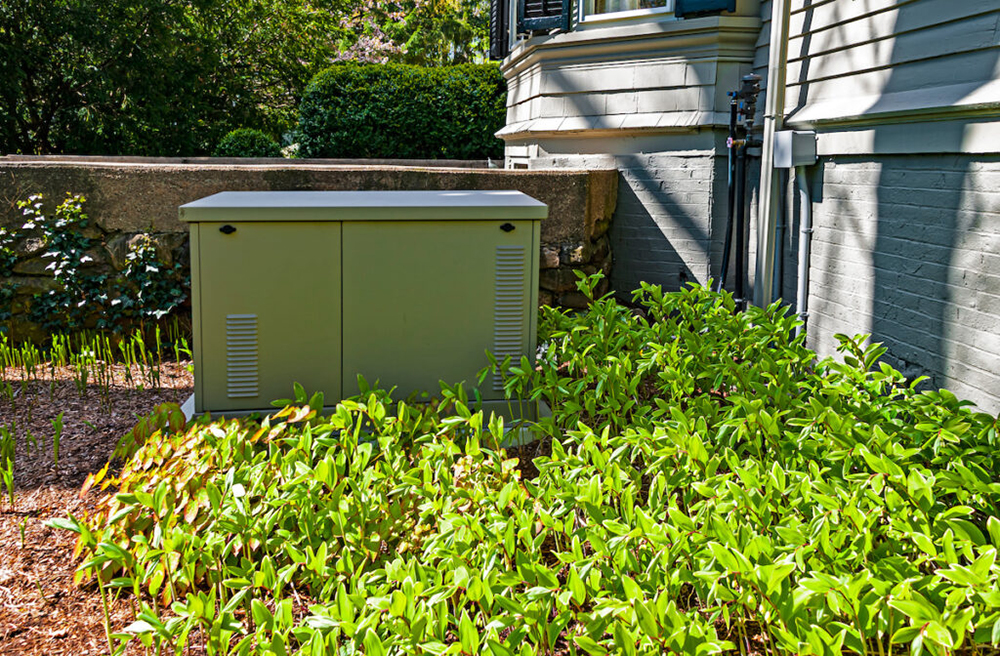
Still thinking of installing a generator yourself? Well, buckle up for a bureaucratic rollercoaster ride.
This isn’t your everyday DIY project. You’re not laying tile, installing crown molding, or designing a custom closet system—you’re installing a machine that interacts with main power grids and fuel lines. Local governments aren’t too keen on just letting anyone fiddle with that sort of power without a thumbs-up from the authorities.
This means paperwork, fees, and possibly waiting in line while listening to hold music that’ll test the limits of your patience.
Bottom line: Installing a generator isn’t as simple as plugging it in and cranking it up. You’ll need the right permits, and once installed, it must pass inspection.
Unless you’ve got an electrician’s license up your sleeve, stepping into the permit and inspection arena might be biting off more than you can chew. Houston electricians handle things like this daily—they know what’s needed and how to get it fast.
Reason #5: It’s Simply Not Legal
Alright, so I’m doubling down here—technically, this isn’t a new reason since it was also #1, but it’s worth repeating: In Houston, TX you can’t legally install a generator without involving a qualified licensed professional.
Yep, you read that right the first time, but it’s so important we’ve got to say it again!
Taking on substantial home improvement projects can be fun, satisfying, and even rewarding. But when it comes to wiring up a new generator, it’s time to hand off the baton to the professionals. Focus on those DIY projects you’re actually excited about, like redesigning your kitchen or landscaping the backyard, and leave the high-voltage tasks to the pros.
Whole Home Generator Installation in Houston

So, while installing a generator by yourself might seem like a cost-saving measure or a fun weekend project, the risks heavily outweigh the benefits. From legal issues to personal safety and beyond, this is a task best left to the pros. Why gamble with your safety, the law, and potentially turn your home into a headline? (i.e. “Houston Man’s DIY Project Lights Up the Night Sky—And Not in a Good Way.”)
Save yourself the headache (and possibly more) by hiring a qualified professional to do the job right the first time.

